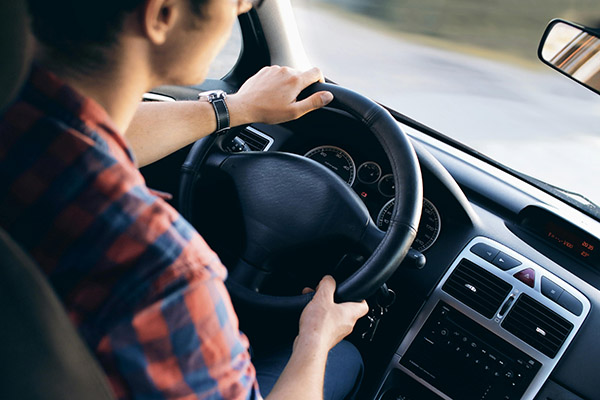In Massachusetts, a hardship license is a type of restricted license that may be granted to individuals whose regular driver’s license has been suspended or revoked due to certain offenses, such as drunk driving (OUI) convictions or habitual traffic offenses.
A hardship license allows the individual to drive under certain conditions, typically limited to specific purposes such as going to work, attending school, or receiving medical treatment. The specific terms and restrictions of the hardship license can vary depending on the circumstances of the suspension or revocation, as well as the individual’s driving history.
To obtain a hardship license in Massachusetts, an individual typically needs to demonstrate a significant need for driving privileges and may be required to meet certain requirements, such as completing an alcohol education program or installing an ignition interlock device in their vehicle.
To apply for a hardship license in Massachusetts, you’ll need to:
- Attend a hearing at a RMV hearing site
- Bring all required documents with you when you meet with a hearings officer. Note: there are different required documents based on the offense, so be sure to verify what will be required for you on the Mass.gov website prior to your hearing.
If you’re approved, there may still be some requirements including the use of an interlock device.
It’s important to note that obtaining a hardship license is not guaranteed and is subject to the discretion of the Massachusetts Registry of Motor Vehicles (RMV) or a judge. Additionally, individuals with a hardship license must strictly adhere to the terms and conditions set forth by the RMV or the court, and any violations could result in further penalties. Our experienced license lawyers can help you navigate this process, contact us today if you need a hardship license.
